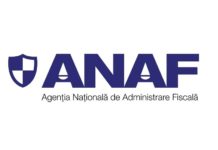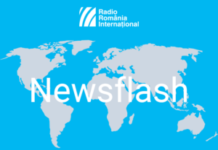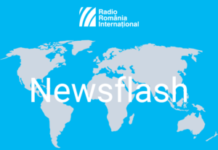All eyes in world democracies continue to follow the developments in Ukraine and the consequences of the Russian aggression for nearly a year. US Secretary of State, Antony Blinken and Japan’s Foreign Minister, Hayashi Yoshimasa, on Tuesday presided a G7+ Foreign Ministers meeting held in videoconference format. This was the second meeting of this type, the first having been held in Romania at the end of 2022, on the sidelines of the NATO Foreign Ministers meeting. Attending the event were Foreign Ministers or high-ranking officials from G7 states – the USA, Japan, Canada, France, Germany, Italy and the United Kingdom as well as from the Czech Republic, Estonia, Latvia, Lithuania, Poland, Slovakia, Bulgaria, and representatives of the European Union, the European Energy Community, the European Bank for Reconstruction and Development, the United Nations Development Program and the World Bank.
Participants examined the situation of Ukraine’s energy infrastructure, which sustained massive and repeated attacks from Russia, and talks focused on the international community’s support for Ukraine with a view to helping this country cope with the fallout from these attacks and boost its resilience. Romania’s Foreign Minister, Bogdan Aurescu, called for increasing the assistance provided to Ukraine, stating that Romania would continue to support this country in cooperation with all partners sharing its visions and goals. Minister Aurescu said the repeated large-scale attacks targeting the civilian infrastructure in Ukraine is a blatant violation of humanitarian international law, their sole purpose being to quell the resistance of the Ukrainian people. The international community must not allow that, Bogdan Aurescu argued.
As regards Romania’s assistance to consolidating energy security in Ukraine, the Romanian Foreign Minister pointed out that the humanitarian hub in Suceava (northeast) has facilitated the transit of 40 generators purchased by Romania with EU funds, of dozens of other generators provided by the government and local Romanian authorities, as well as over 160 generators donated by France. Minister Aurescu also referred to plans to organize a new trilateral meeting of Foreign Ministers from Romania, Ukraine and the Republic of Moldova in February, after the previous one organized in Odesa in September last year, when the three countries agreed on joint actions to develop interconnectivity and consolidating the energy security of Ukraine and the Republic of Moldova and in the medium and long terms. Bogdan Aurescu also referred to the special situation in the Republic of Moldova, a country facing a severe energy crisis generated by restrictions to the availability of and access to energy resources. Romania covers 80% of Moldova’s total electricity input, Minister Aurescu recalled, and also ensures the safe transit of natural gas to this country via the Iași-Ungheni-Chișinău pipeline. (Ştefan Stoica)










